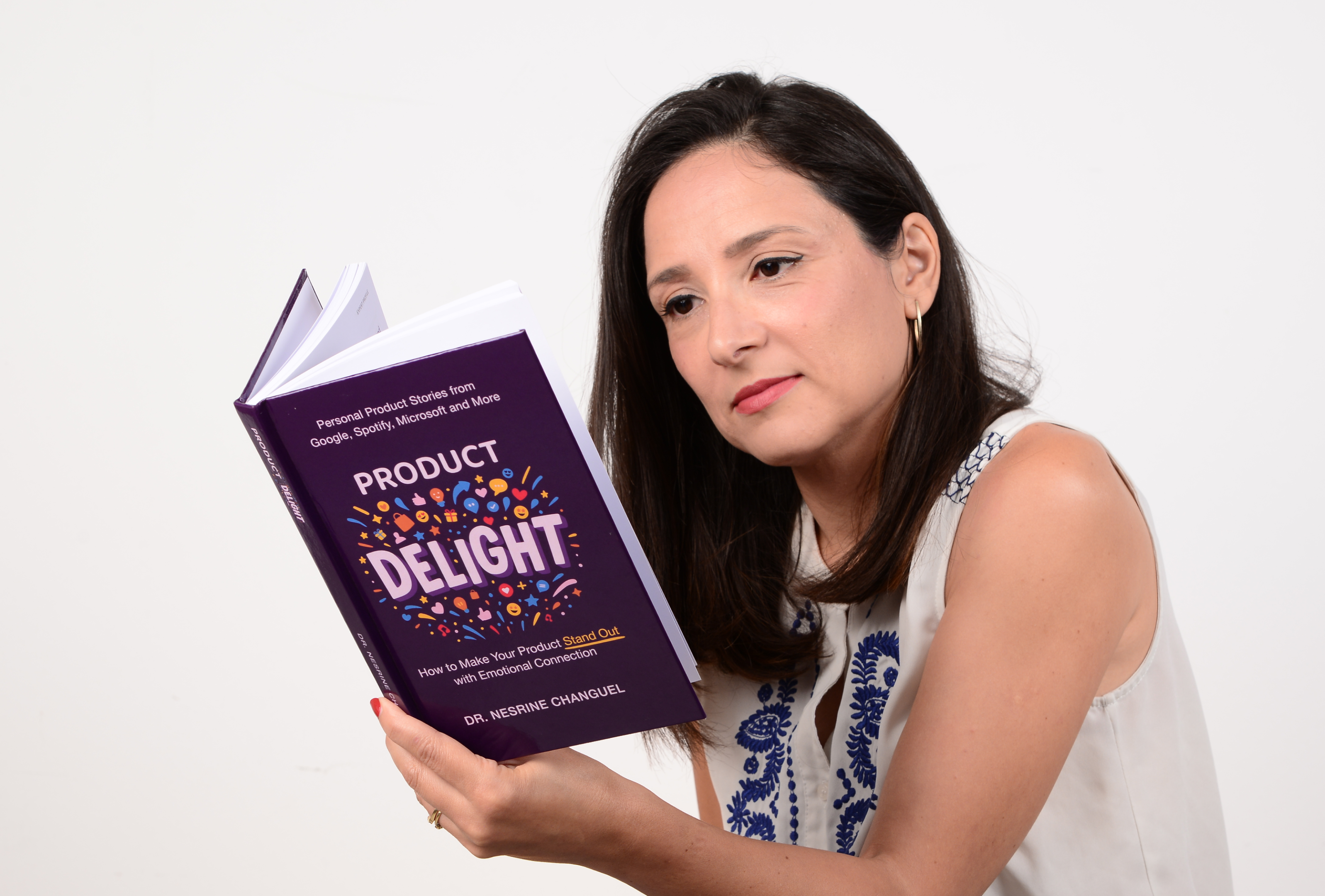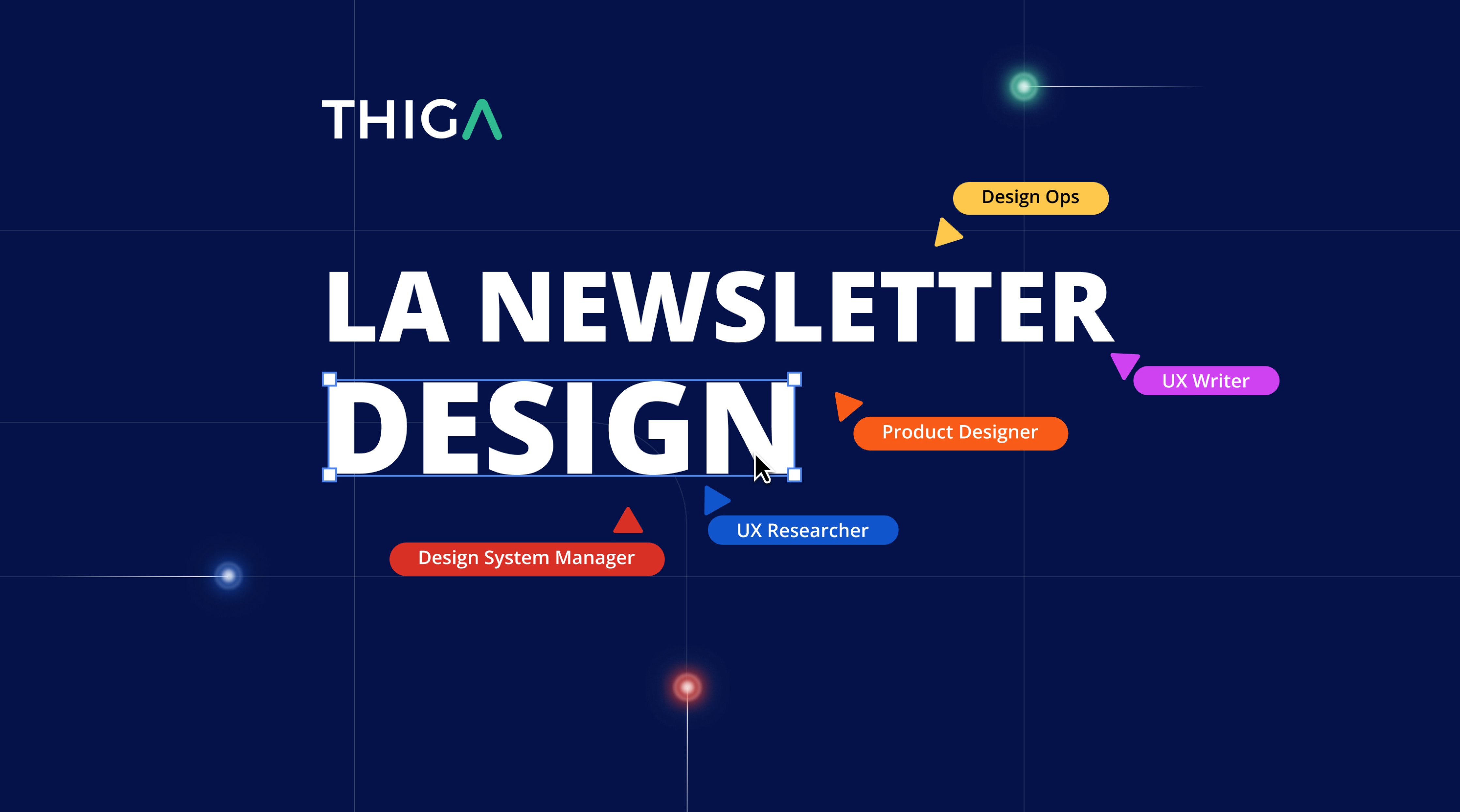Faced with the rise of 100% digital platforms and new consumer habits, the traditional hotel industry must reinvent itself. Digital technology, initially seen as a threat, has become a crucial tool for transforming the customer experience and allowing hoteliers to refocus on their core value: human interaction. How is the sector leveraging digital to differentiate itself, and what unique experiences are being created to counter the competition from pure-players?
New tools, new customer practices… Ten years ago, digital disrupted the hotel industry. “The arrival of players like Booking or Airbnb was a real revolution. The traditional players in the sector had to reinvent themselves to avoid playing second fiddle," recalls Thomas Vidal, Partner and consultant at Thiga, currently on a mission at Accor as Head of Design since May 2023. Since then, the traditional hotel industry has bounced back, now making digital the spearhead of its strategy.
A new commercial battlefield
The arrival of these competing pure-players forced hoteliers to upgrade their game, much like Accor, which has continuously accelerated its digitalization efforts, especially since 2022.
“Airbnb set new standards by making it easy and very fast to book accommodation. Logically, customers expect the same quality of service in hotels," says Thomas Vidal before concluding : “If we can't offer it to them, we risk losing them.” Beyond the direct loss of revenue, some hospitality actors also fear becoming dependent on booking platforms. It’s a concern that Clément Schrepfer knows well. A Product Expert, he was on a mission at the Ritz Paris before joining Thiga. At the time, the iconic hotel was looking to overhaul its booking process, and the Product team decided to interview users who were accustomed to booking luxury stays via Booking.com. “The offer is extensive, and the added value is being able to compare with different hotels... It puts pressure on establishments because if they're not present on these booking engines or if their offer is poorly presented, customers won’t come”, confides the expert.
Not to mention the issue of maintaining high standards. “When you're a hotel, especially a luxury one, a poor user experience is unthinkable," continues Clément Schrepfer. “We want to control our image and the experience we offer, knowing that booking platforms don’t necessarily have access to all the services of the same establishment. So, the idea is to keep as much control as possible.” This requires developing one’s own digital offering.
While pure-players have changed the game, they’re not the only rivals to consider. The hotel industry was already very competitive even before their arrival. Digital hasn’t eliminated competition between hotels—on the contrary, it has expanded the battlefield! “If you type ‘luxury hotels in Paris’ on the internet, many names come up. The immersive experience of a high-end establishment must therefore start right from the homepage of the site,"explains Clément Schrepfer, drawing from his experience at the Ritz Paris. “It helps capture a growing clientele. ‘Historical’ customers are more likely to book via personal assistants, while customers looking to treat themselves to a luxury experience for a very special occasion represent a large audience to convert, usually through digital channels. The online experience must therefore offer something different from the competition.”
Initially a challenge to overcome, digital has quickly become an opportunity to seize and a valuable ally for hotels in improving their services. “When digital arrived, it was first seen as a burden for professionals, even a chore,” recalls Thomas Vidal. “There was a learning curve. Today, we use it to allow hoteliers to refocus on their core business, where they add the most value: human interaction.”
Digital technology serving hoteliers
The advent of digital disrupted professionals’ habits by adding a number of additional tasks to their workload. As a result, they found themselves stuck in front of screens, far from their customers—a paradox for a sector whose added value is the human support it offers clients. “The range of digital tools available to a hotel manager or their teams has increased considerably in recent years, potentially impacting the time they spend in front of a computer when they should be spending it with clients,” affirms Accor’s Head of Design. “Human interaction remains essential in the hospitality sector.”
Digital is a way for us to refocus on our core business, which is welcoming people.
That is the goal of Accor’s Business, Digital & Tech department, where 5,000 digital experts collaborate to provide high-performing products to the group’s affiliated hoteliers. “We aim to simplify hoteliers’ daily lives by relieving them of low-value digital tasks. For this, we offer efficient solutions, such as AI tools that automate certain tasks,” explains Myriam El Harraq, Senior Vice President Brands, User Experience, and Innovation at Accor. “For example, our Data Scientists optimize the selection of hotel photos. What we want is for hoteliers to step away from their desks and focus on human-to-human relationships. Digital is a way for us to refocus on our core business, which is welcoming people.” In short, it enhances the customer experience.
Because that's what it's all about: using digital technology to ensure the most enjoyable stays possible, as Myriam El Harraq explains. “Online Travel Agencies (OTAs) are inventories. They never meet their clients. What we offer, unlike them, is a physical experience. This direct contact allows us to offer a digital experience that extends into the hotel,” she explains. “For example, we simplify the check-in process by providing all available information digitally to the hotelier. When the client arrives, we don’t ask for a ton of information or documents like at a police station. They are immediately immersed in the hotel experience.” Thomas Vidal agrees: “The idea is no longer to keep up with the competition but to make digital a real lever throughout the customer journey, not just in the hotel but with the aim of creating a global experience.”
The rise of 360-degree experiences
Creating comprehensive user experiences through digital technology is one of the latest challenges the hotel industry is seeking to overcome. This idea of a seamless customer journey was at the heart of the overhaul of Ritz Paris’ online booking service in 2022. “Until then, there were multiple sites for booking different services: hotel, restaurant, spa...,” recalls Clément Schrepfer. “Some of these services couldn’t even be booked online, so a complete stay could only be arranged by phone. We redesigned the booking journey to include intelligent cross-selling based on the availability of different services,” the Product Expert continues. "A creative and immersive approach for the homepage allowed for the presentation of all services based on Paris’ time zone. Today, clients can plan their entire day—from arrival, spa visit, afternoon tea, dinner… All accessible from a single journey.”
These coherent experiences, termed “360-degree experiences” by Thomas Vidal, are at the heart of Accor’s commercial strategy. He defines them as follows: “In a 360-degree experience, we support clients and meet their expectations from start to finish. Behind the scenes, this represents dozens of digital products and physical interactions. All of this must be linked and perfectly aligned. For Accor, it has to be done on a large scale, for multiple brands and hundreds of different products... which is very complex,” he stresses, before continuing. “Ten years ago, the challenge was to create good digital products. Now, the challenge is to make sure all the products we have work together cohesively. This represents a huge growth opportunity.”
With more than 40 different brands under its umbrella, Accor has the heavy task of providing products that work for each of them while allowing for some flexibility to cultivate their uniqueness. The Design Expert believes this is the main challenge of tomorrow: “Clients, whether in the mass market or luxury sector, want a personalized experience. We’re working on our site so that eventually, each brand will have a unique environment that meets the needs of different personas. With Booking or Airbnb, whoever you are, the experience for the same accommodation will be similar. On our side, we’ll offer something more personalized based on individual expectations.”
Innovation must be thought of broadly. It’s not just about technology! It’s a mindset that starts by reinventing how we work.
To create personalized experiences, data is key… and Accor has no shortage of it! “The advantage we have over OTAs is that we have a lot of data on our clients, and not just from their online journeys,” explains Myriam El Harraq. “We also know what they consumed at the hotel, in the restaurant, their stay preferences, whether they prefer the spa or fitness, what type of hotel suits them best,” details Accor’s Senior Vice President Brands, User Experience, and Innovation. “All this data is the key to a personalized experience, with tailored offers and services linked to their habits.”
Innovation: a strategic priority
The other lever for this 360-degree user experience? Innovation. The latest technological advances, particularly virtual reality, are powerful drivers that create enhanced experiences, both physical and digital. Accor teams dedicate 15% of their time to it. It’s a matter of philosophy for Myriam El Harraq: “Innovation must be thought of broadly. It’s not just about technology! It’s a mindset that starts by reinventing how we work. When a hotelier like Accor, with more than 50 years of experience, begins to think digitally like a pure-player, integrating more Agility and Product Management, that’s already innovation. And only then does it lead us to use various new technologies.”
In this effort to create enhanced physical experiences through digital, Accor has partnered with Amazon and its cloud services. In its Mercure London Hyde Park hotel, the group has equipped each room with AI-powered devices on Amazon Web Services. These devices can answer guests' questions during their stay, such as the latest checkout time or the location of the gym. They can also be used to adjust room temperature, call the concierge, or order room service.
The group’s latest digital advancement: an application on the Apple Vision Pro, designed in partnership with the American multinational. Released in July 2024, this app allows the user, equipped with Apple’s virtual reality headset, to be immersed in the prestigious OWO hotel by Raffles in London. The experience aims to be fully immersive, thanks to a meticulous video capture of the establishment. Thus, the user can explore a very high-end hotel as if they were there, even before booking, all while being halfway around the world. If they’re impressed enough, they can enter their information to book. After that, they’re contacted, and all details are handled by a hotel employee. “The goal of this Vision Pro application is to offer a digital experience that inspire emotions before the physical experience even begins.”
Besides setting up more complete experiences, staying updated on the latest technological advances has the advantage of not being caught off guard in the future, highlights Myriam El Harraq. "By studying these new solutions, monitoring their potential importance, and preparing for them, we stay two steps ahead." However, the goal isn’t to follow the wind and fall for ‘shiny object syndrome’: "If we decide to follow the latest tech trends, the possibilities are endless! But only what will tangibly improve our clients’ experience is relevant."
Tomorrow's challenge? “Refocusing on the real world. That’s my obsession,” declares Myriam El Harraq. “We’re surrounded by a lot of technology that’s here to make life easier but can distance us from human connections. We need to bring digital and technology back to serving people to improve the physical experience. And use them to create emotions and unforgettable memories.”
To go further: download our Product Design Toolkit.

-1.png)

-2.png)
.png)
